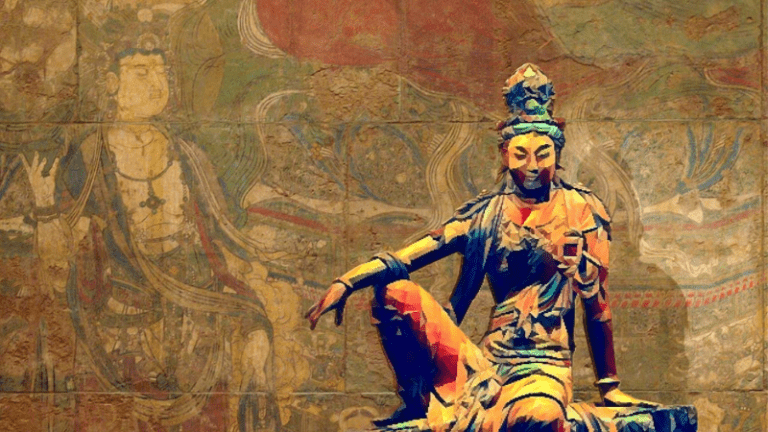The Meaning Behind Quotations: Aurelius on Pride and Sorrow
How calm and grounded do you think you would be if you were not influenced by pride or sadness? For years I have been preoccupied with this idea, which is also a strong focus in the School of Stoics. The philosopher, Roman general and emperor Marcus Aurelius recorded an admonition that calls for just such a careful approach to gain and loss.
This quote is still known today (after all, more than 1900 years later) and today we will take a closer look at it and explore its background, meaning and benefits:
"What you receive, accept without pride!
What you lose, give up without sorrow!"
Marcus Aurelius
Stoicism is pretty much all about the idea of breaking free from worldly dependence. This includes possessions, social concepts, and even interpersonal relationships.
This does not mean that these things are bad and should be fundamentally rejected. Rather, we should look at them soberly and be aware that they come and go.
Explanation: "What you receive, accept without pride!..."
The first part of the quotation is aimed at the human need for recognition. If we perform only in order to look good in front of others, then, in the philosophy of the Stoics, the essential meaning has not been recognized. Rather, one should perform in order to try to find fulfillment in the thing itself and not in self-expression (and a usually expected possible reward in the form of recognition).
It is also exciting that it speaks specifically of pride and not of joy. After a short reflection it becomes clear why: honest joy, without pride is honorable and legitimate.
In this article I'll go into more detail about Aurelius' thoughts on recognition, if you're interested in that topic.
Explanation: "...What you lose, give up without sorrow!"
The second part of the quote is aimed at the human tendency to become accustomed and attached to things, people or circumstances. This inevitably leads to a dependency, which, according to Marcus Aurelius' quote, must be avoided or loosened.
Aurelius was very privileged and one could easily think that he is not in the position to tell someone not to take losses so hard, but one should not forget that his life was marked by strokes of fate. Thus, the Roman emperor lost not only one, but several children in the course of his life.
Since loss is usually caused by external (extrinsic) circumstances, and in the Stoic school to which Marcus Aurelius belonged, the focus should be on inner (intrinsic) feeling, grief over loss - regardless of its exact form - is a granatia for a life marked by suffering and makes fulfillment a distant prospect.
Interesting fact:
The word School incidentally, in its original meaning did not identically describe the institution we know today.
In ancient Greek the word meant schole as much as "occupation during leisure, products of the leisure hours, lectures, lectures, learned conversations".
Again, it should be noted that it is not a matter of rejecting everything and isolating oneself. Although there were Stoics who disliked the social norms (the most famous example is probably Diogenes of Sinope, who is said to have urinated on passers-by, among other things), dealing with people and a certain amount of property was always the subject of their lives.
Both parts of the quotation have one thing in common: they are both about moderation, one of the main Stoic virtues. Moderation is supposed to ensure that one remains mentally and emotionally balanced and is neither too negative nor too positive. Extreme states of mind are considered dangerous in Stoicism.
The benefit for you behind this quote
If you take this quote to heart and manage to reduce your dependency on things, situations and people and become aware that these things are not permanent but transient, you will notice an extreme difference in your reaction to loss.
I am frankly not without grief at every loss (e.g. when someone beloved has passed away), but in many areas I have a very profound acceptance. This makes life much more carefree than I often observe in fellow human beings.
It is the same with pride; as far as possible I am without pride - which can sound very strange and even negative in relation to our western culture, since the term Pride is often equated with Have backbone. But that is not what is meant here. Rather, as explained before, it is about not letting pride grow out of one's achievements and possessions. On the one hand you are not dependent on external circumstances and on the other hand you are prepared for the inevitable loss of all things.
Did you like this article? You can let us inform you about new articles:







